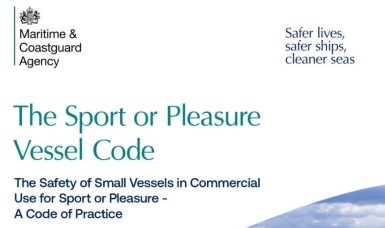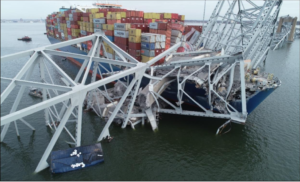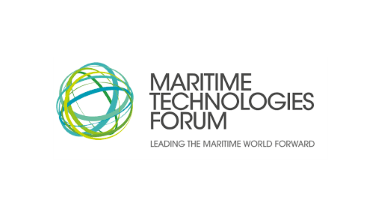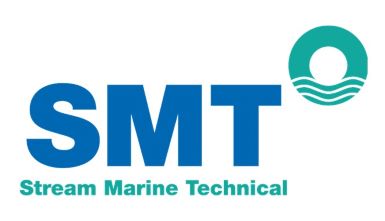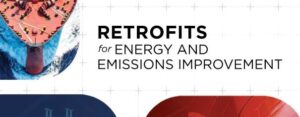
ABS’ new Retrofits for Energy and Emissions Improvement publication provides insights into best practices, incentive scenarios, and a market update on energy efficiency technologies (EETs) and retrofitting for alternative fuel use.
The report identifies the classification and statutory requirements shipowners and managers must understand before considering retrofitting vessels to use alternative fuels and energy efficiency technologies (EETs).
This comes in light of regulations from the International Maritime Organization (IMO) and the European Union (EU) are shaping how the maritime industry tackles greenhouse gas emissions. Continue reading “ABS releases report on retrofitting for alternative fuel use and energy efficiency”
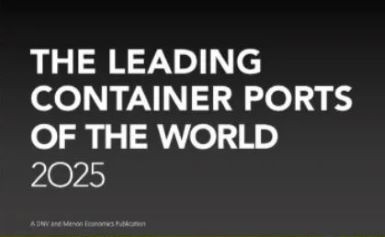
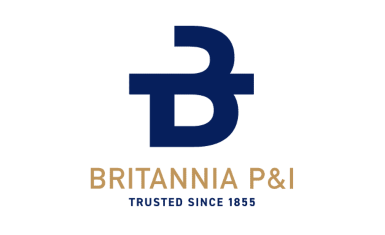

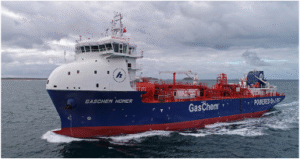

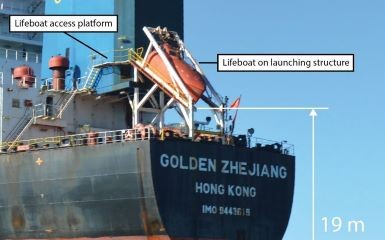 The Transportation Safety Board of Canada (TSB) is urging stronger safety measures after a crew member was seriously injured aboard the bulk carrier Golden Zhejiang’s lifeboat in 2023. The TSB highlights the need for proper procedures for risk assessments, equipment-specific training, and a safety management system supported by a mature safety culture with a trusted process for communication between crew and shore personnel to prevent accidental lifeboat releases.
The Transportation Safety Board of Canada (TSB) is urging stronger safety measures after a crew member was seriously injured aboard the bulk carrier Golden Zhejiang’s lifeboat in 2023. The TSB highlights the need for proper procedures for risk assessments, equipment-specific training, and a safety management system supported by a mature safety culture with a trusted process for communication between crew and shore personnel to prevent accidental lifeboat releases.